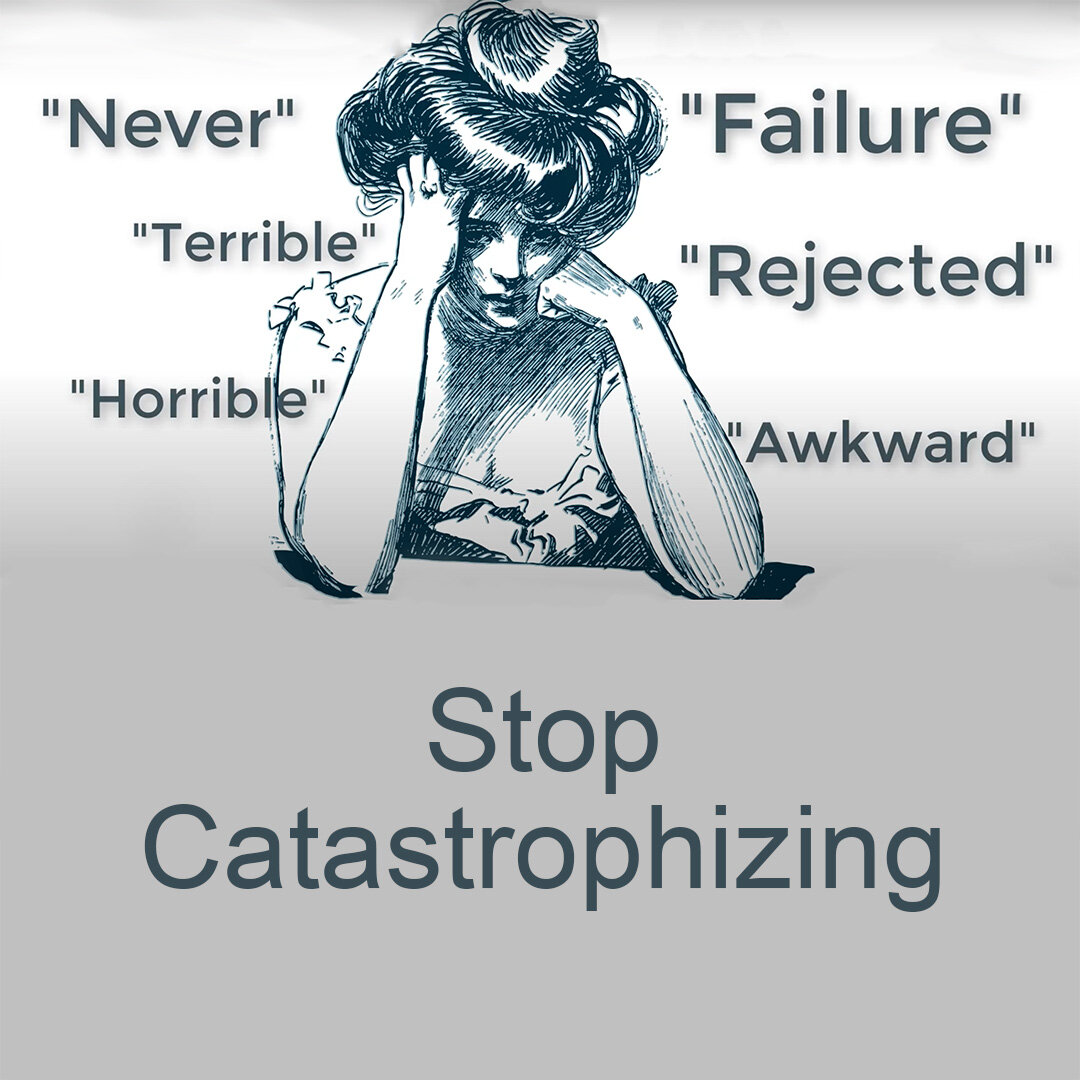Dr. Amy’s Magic Formula for Repair When You F Up
We all make mistakes in our relationships: from indiscretions like sexting or virtual flirting gone too far to infidelity, to breaches of trust such as hiding an abortion, inheritance, or finances. The damage these mistakes cause -- your partner feeling traumatized, devastated, or broken -- can be difficult to repair, but not impossible! After working with many, many couples in therapy who have experienced some kind of infidelity, I think I have found a surefire formula to repair, rebuild and move on.*
For example, say your partner catches you “sexting” with a co-worker. Oops. You feel terrible. You apologize. You try to explain that things just went too far. You promise to set better boundaries. You recommit to the relationship. But your partner is triggered by almost any show on Netflix, brings up your betrayal daily (and yes, sexting is still experienced as a betrayal by many regardless of whether or not anything “actually happened”), and asks for a lot of reassurance. They may feel “like a fool” or “like the rug has been pulled out from under them.”
You -- the “unfaithful party” may be frustrated and wish you could just move forward or return to the way things were. You feel like your partner is punishing you by repeatedly bringing up the past mistake. What do you do?
First, try to remember that your partner is simply in pain and doesn’t know how to feel better. Having trust broken is not a party for anyone. The “hurt” party needs your help to restore and rebuild trust -- this is your opportunity, as the unfaithful party, to redeem yourself -- despite the embarrassment, frustration and growing resentment you might be feeling.
You have to acknowledge that your behaviors did damage, regardless of what got you there. Unless you actively take ownership of this fact, your partner is the one who has to remain vigilant, always watching and waiting for the “other shoe to drop.” So, let’s get going! Try the following formula and let the healing begin!
Apologize - Tell your partner that you’re sorry. Don’t explain what triggered your behavior or suggest what your partner can do differently in order to prevent you from making those mistakes again. Save that for therapy. Just take responsibility, be accountable and apologize without defending -- as the lovely Dr. Wayne Dyer used to say, “without explaining, complaining or blaming!” (And I would add shaming!)
Apologize Often - Don’t be scared that you will upset your partner by apologizing at dinner tonight and before the movies tomorrow. Your partner needs to know that you are holding the betrayal in mind and that you are the one who is vigilantly manning the boundaries of the relationship so that they don’t have to. The hurt party can only relax and begin to heal when they no longer have to protect, guard and watch the relationship.
Apologize Out-of-the-Blue - Many of my patients are scared of the reaction they might evoke by bringing up the indiscretion, even in order to apologize. They ask me, “Can’t we just move on and pretend it never happened? I won’t do it again and I’ll be a better partner than ever.” Sadly, it is not enough. It’s tempting to believe that your partner has forgotten about it and your random apology will just remind them of the pain. But from decades of experience I can attest: This is not the case. The “incident” is on your partner’s mind. You won’t shock them by bringing it up, out-of-the-blue. Your partner needs to talk through this often -- more often than you’ll be comfortable with! -- and they will be relieved when they don’t have to be the one to bring it up.
Empathy - Finally, when you apologize —each time you apologize — please do so with empathy. Simply say, “I know that my behavior was very upsetting and I am truly sorry.” This will make a world of difference and the pain of the indiscretion will subside. You, as a couple, will never “get back” to what you had. But with work, you can create something even better -- a new partnership, that is more honest, intimate and authentic. And that is worth working for!
* This formula is profoundly influenced by the amazing researchers and clinicians, Doctors John and Julie Gottman, as well as Dr. Janis Abrahms Springs and her timeless book After the Affair: Healing the Pain and Rebuilding Trust when a Partner has Been Unfaithful. In this book she coined the terms I use, “unfaithful party” and “hurt party”



